Digestive Biscuits: Health Benefits, Ingredients, & Nutrition
Eating too much of this snack may not be as safe and good for you as you think!
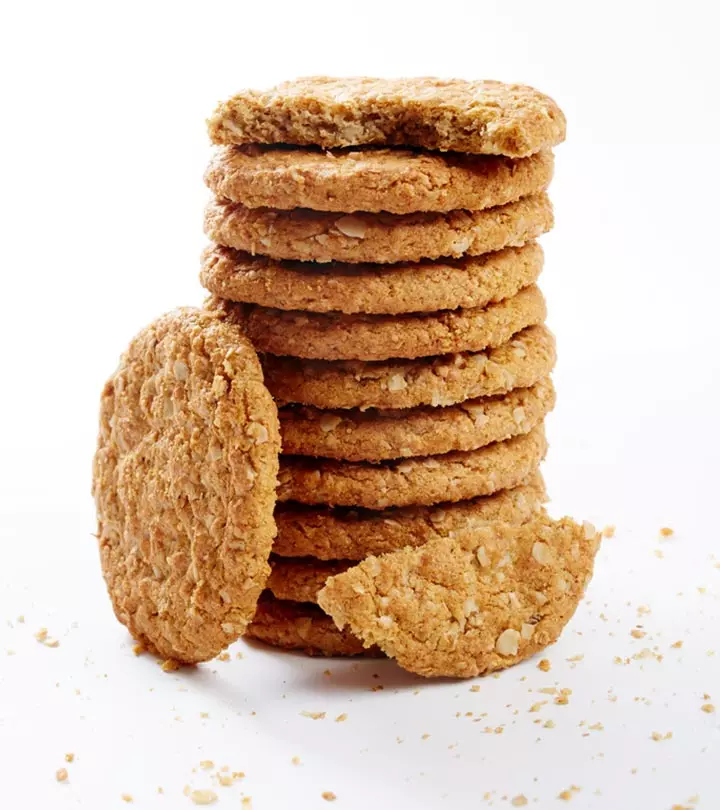
Image: Shutterstock
Digestive biscuits are becoming popular as a part of a healthy diet and are gaining the attention of many health enthusiasts. As these contain a decent amount of fiber, many people claim that digestive biscuits can improve digestion. They are also said to manage blood sugar levels. But are digestive biscuits healthy enough to be a part of your diet? Can they be used as a healthy substitute for regular biscuits? Know the answer to your queries, nutrition facts, possible negative effects of digestive biscuits here. Scroll down.
In This Article
What Are Digestive Biscuits?
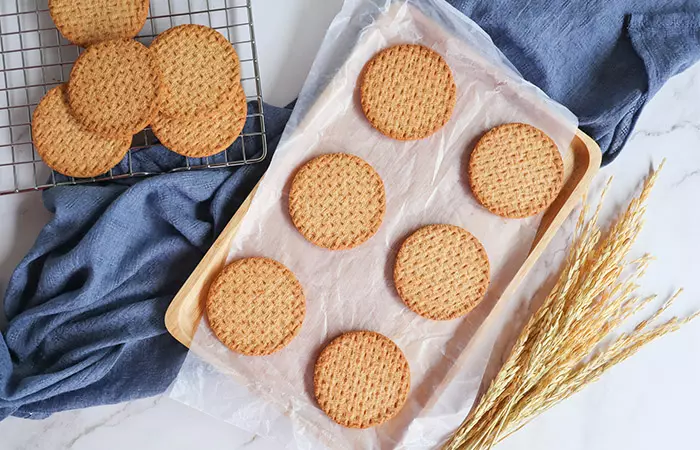
Digestive biscuits are semi-sweet biscuits with a crumbled texture. They are available in many variations. Here are some common variations of digestive biscuits:
- Whole wheat digestive biscuits
- Chocolate-dipped digestive biscuits
- Digestive biscuits with fruit flavors
- Gluten-free digestive biscuits
- Digestive biscuits with oats
- Spiced digestive biscuits
They are becoming popular fast as a replacement for crackers and as a healthy snack for teatime. Many people also consume it for breakfast due to its high fiber content and delicious taste. Most digestive biscuit brands on the market tend to advertise their high fiber quantity, given the nutrient’s role in promoting digestive (and overall) health. Addition of fiber to regular foods does have positive effects (1). But is that the case with digestive biscuits too?
 Did You Know?
Did You Know?If you are wondering what is a digestive biscuit made of, check out the section below!
Key Takeaways
- Digestive biscuits are high in fiber content which may improve satiety and aid in weight loss and digestive health.
- The presence of malt, sugar, and vegetable oil in digestive biscuits may lead to flatulence, weight gain, and cough if consumed excessively.
- While digestive biscuits are a better alternative to regular cookies, moderation is key.
Ingredients In Digestive Biscuits
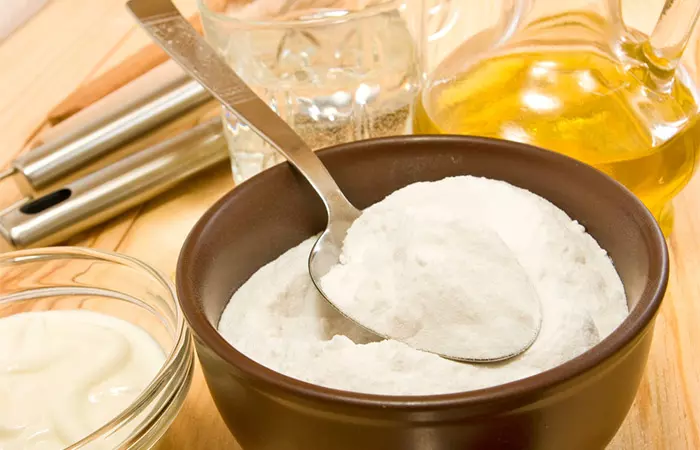
Most digestive biscuits contain the following nutrients:
- Coarse Brown Wheat Flour: It gives the biscuit a distinctive texture and flavor.
- Sugar: It is used in the granulated form to impart a sweet flavor. It also gives a tender texture to the biscuit.
- Vegetable Oil: It keeps the biscuits moist and prevents them from breaking.
- Wholemeal: It is used as a source of fiber.
- Malt Extract: It improves the crispness, texture, and taste of the biscuit.
- Raising Agents: These are used to create a fluffy crumb in the biscuits. Most biscuits use sodium bicarbonate as a raising agent.
- Salt: It is used to enhance the taste.
Few other biscuit variants may also contain oatmeal dried whey, cultured skimmed milk, and powdered nuts.
Following is the nutritional composition of digestive biscuits in general:
Nutritional Values Of Digestive Biscuits (Per 100 Grams)
- Energy: 478 calories
- Carbohydrates: 62 grams
- Fat: 21 grams
- Protein: 7 grams
- Dietary Fiber: 3 grams
- Sugar: 16 grams
- Sodium: 500 mg
Do these nutrients offer any health benefits? Keep reading to know more.
Benefits Of Digestive Biscuits

When consumed in moderation, a digestive biscuit may be a better alternative to regular biscuits or cookies. Here are its benefits:
- May Curb Hunger Pangs: Many digestive biscuits are rich in fiber. Fiber helps reduce hunger pangs (2). However, the link between regular consumption of digestive biscuits and reduced hunger is unclear.
- May Aid Digestion: The fiber in these biscuits helps absorb water and softens stools. It also promotes digestion and may relieve constipation (3). However, more information is warranted to find out the effects of digestive biscuits on the digestive system.
- May Aid Weight Loss: Fiber may keep the stomach full for long. This may increase satiety and regulate food intake, and potentially aid weight loss (4). However, the fiber in digestive cookies cannot be an alternative to natural fiber sources.
These benefits may make you feel that digestive biscuits can be consumed guilt-free. But are they healthy if consumed regularly?
Are Digestive Biscuits Healthy?
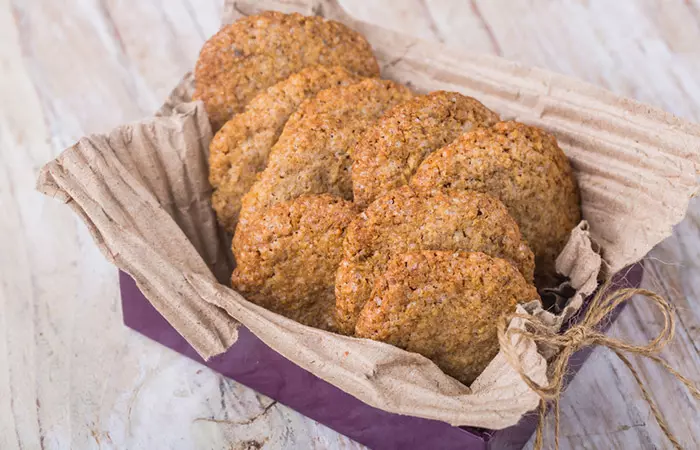
Digestive biscuits contain fiber that has many positive benefits for overall health. Also, they are made of whole wheat flour, which is way better than white or processed flour. These biscuits also contain fewer calories than regular cookies.
But other ingredients like vegetable oils, malt extract, and raising agents outweigh these benefits. They may do more harm if you consume all the biscuits in one go. Vegetable oil when cooked produces trans fats. You should avoid trans fats because they are harmful to your health. It is difficult for most people to digest wheat flour, and it may increase inflammation when combined with sugar. Many digestive biscuits are made using whole grain flour or wheat flour, which are not suitable for people who do not consume gluten.
Hence, moderation is advised. You should also check how many of these biscuits fit into your daily calorie budget. Consuming too many of these digestive biscuits can also pose certain risks.
Risks Of Digestive Biscuits

Anecdotal evidence suggests that over-intake of digestive biscuits may pose the following risks:
- The malt extract may cause flatulence if consumed in excess.
- Vegetable oil may induce cough when taken in excess.
- Raising agents may cause nausea and vomiting in a few.
Hence, moderation is highly advised if you want to reap the benefits of digestive biscuits.
 Quick Tip
Quick TipCheck out a delicious digestive biscuit recipe below.
Digestive Biscuit Recipe
Ingredients
- 1 cup of whole wheat flour
- 1/2 cup of oats
- 1/2 cup of brown sugar
- 1/2 teaspoon of baking soda
- 1/2 cup of unsalted butter
- 2-3 tablespoons of milk
- A pinch of salt
How To Prepare
- Preheat your oven to 350°F (180°C).
- Mix all the dry ingredients together and add butter.
- Use your fingertips to rub the butter into the dry ingredients until the mixture has a breadcrumb-like texture.
- Add 2-3 tablespoons of milk and mix until the dough comes together.
- Roll out the dough on a floured surface to an even thickness. Use cookie cutters to cut biscuits and place them on the baking sheet.
- Prick the tops of the biscuits with a fork to create a digestive biscuit pattern.
- Bake for 15-20 minutes and let them cool. Enjoy!
Recipe Variations
- You can add chopped walnuts or almonds for extra crunch.
- You can substitute brown sugar with honey for a natural sweet taste.
- If you like a spiced flavor, mix in a teaspoon of cinnamon or ginger.
- You can fold in some dark chocolate chips for a sweet twist.
- Try adding raisins or cranberries for added flavor and texture.
Marianna, a food blogger, tried baking digestive biscuits, which became a successful experience. She made it from scratch. She said, “The end result was fantastic, very close to the store-bought version. This is a recipe you do not want to lose (i).”
Infographic: Must-Know Benefits And Risks Of Digestive Biscuits
Many of us have switched to digestive biscuits from our traditional wheat flour biscuits for a healthier option. Although they are considered healthier than other cookies, excessive consumption of digestive biscuits may cause health issues. Check out the infographic below to learn the benefits and risks of eating digestive biscuits regularly.

Illustration: StyleCraze Design Team
Digestive biscuits may not deliver on all of their lofty promises, but they can be a superior alternative to a traditional cookie to stave off hunger cravings. They are made with whole grains, which is one of the easy-to-digest foods and are high in fiber content. Thus, digestive biscuits may provide certain benefits like reduced cravings and improved digestion, helping with potential weight loss. However, if consumed in excess, certain ingredients in these biscuits like malt extract, raising agents, and vegetable oils may cause certain side effects such as flatulence, nausea, and cough. Therefore, you should consume digestive biscuits in moderation, just as you might do with regular cookies.
Frequently Asked Questions
Is digestive biscuit good for IBS?
Digestive biscuits are not recommended if you have any symptoms of IBS. They may aggravate your condition and result in abdominal pain, flatulence, or digestive discomfort.
Why are digestive biscuits so expensive?
Digestive biscuits are made with relatively expensive ingredients and have a higher production cost overall. The branding of “nutritive” biscuits might also factor into the comparatively higher price tag.
Why do digestive biscuits have holes?
The holes in the biscuit allow steam to pass through and prevent it from puffing too much while baking, thereby lending it a distinctive crumbly texture.
Do digestive biscuits have maida?
Possibly. Digestive biscuits are made from whole wheat flour and maida (refined flour). The content of maida in the biscuit varies according to brand.
Can I eat digestive biscuits at night?
While there is no restriction on when to have these biscuits, excessive consumption is not recommended as it may lead to gastrointestinal distress due to its high fiber content.
Are digestive biscuits sugar-free?
Depending on the brand of digestive biscuits, they may contain sugar or sugar alternatives like maple syrup or honey.
Illustration: Digestive Biscuits: Health Benefits Ingredients & Nutrition
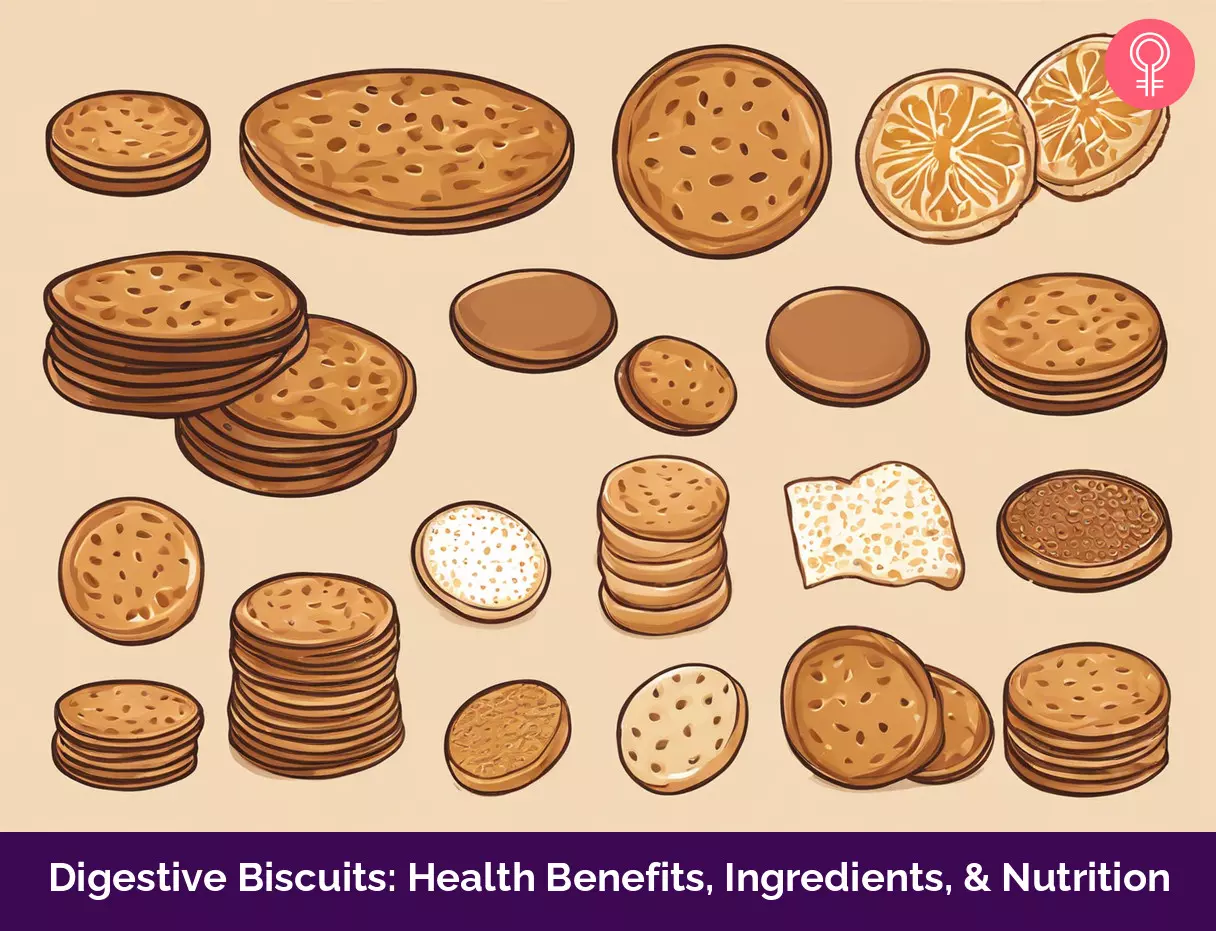
Image: Stable Diffusion/StyleCraze Design Team
Digestive biscuits are a delicious snack. Learn more about their health benefits in this video! Watch it now to enjoy them guilt-free!
Personal Experience: Source
StyleCraze's articles are interwoven with authentic personal narratives that provide depth and resonance to our content. Below are the sources of the personal accounts referenced in this article.
i. Homemade Digestive Biscuits!https://swirlandscramble.blogspot.com/2010/01/homemade-digestive-biscuits.html
References
Articles on StyleCraze are backed by verified information from peer-reviewed and academic research papers, reputed organizations, research institutions, and medical associations to ensure accuracy and relevance. Read our editorial policy to learn more.
- Dietary fibre in foods: a review
https://www.ncbi.nlm.nih.gov/pmc/articles/PMC3614039/ - Effects of dietary fiber intake before meals on weight loss and hunger in a weight-reducing club
https://pubmed.ncbi.nlm.nih.gov/6303061/ - High Fiber Diet
https://www.ncbi.nlm.nih.gov/books/NBK559033/ - Unravelling the Effects of Soluble Dietary Fibre Supplementation on Energy Intake and Perceived Satiety in Healthy Adults: Evidence from Systematic Review and Meta-Analysis of Randomised-Controlled Trials
https://www.ncbi.nlm.nih.gov/pmc/articles/PMC6352252/
Read full bio of Kate Driver
Read full bio of Tanya Choudhary
Read full bio of Arshiya Syeda
Read full bio of Himanshi Mahajan






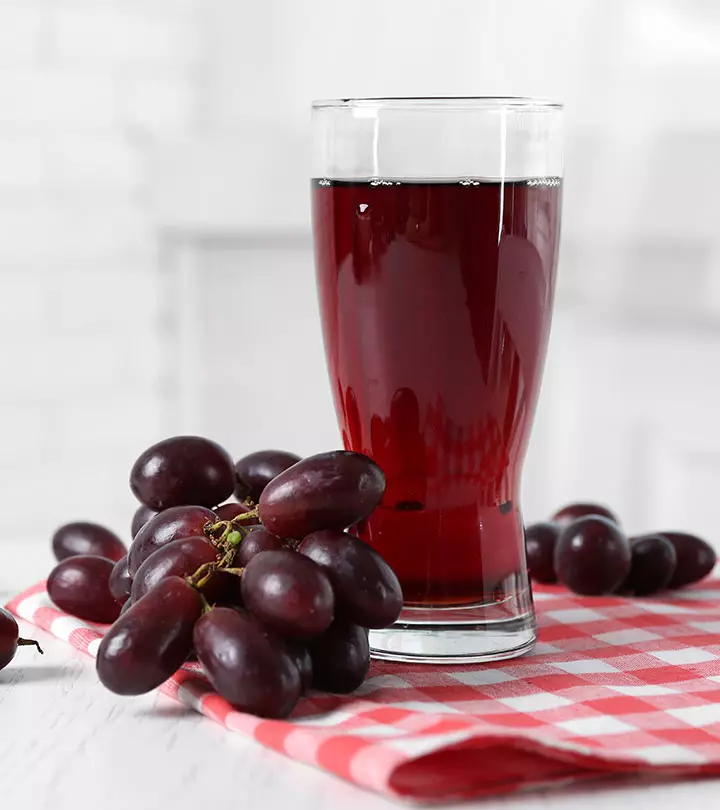

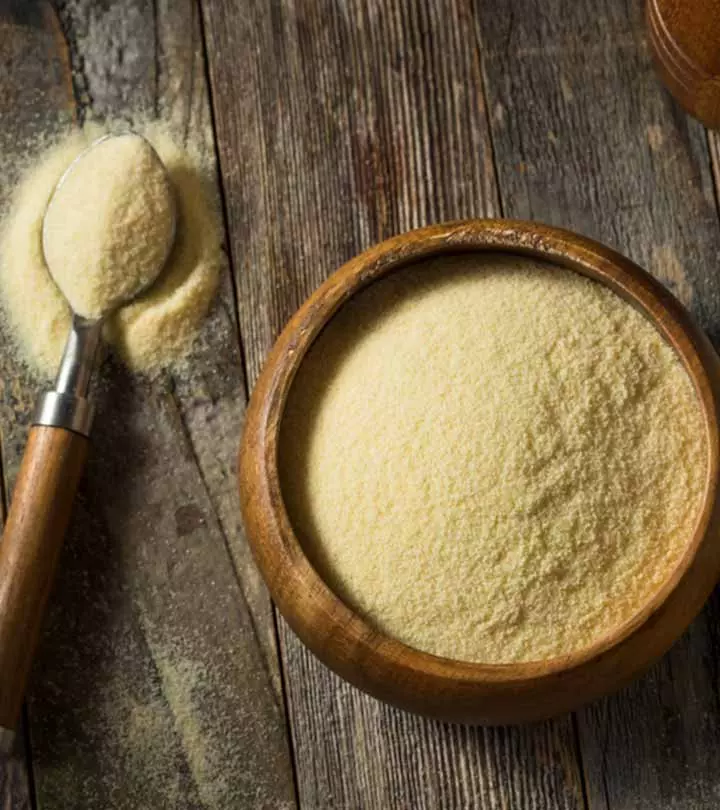



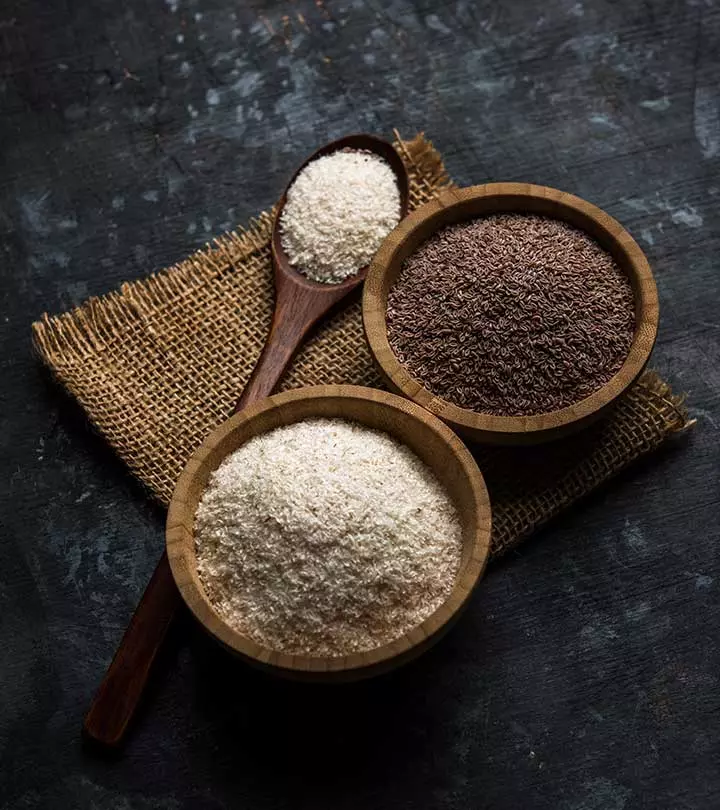







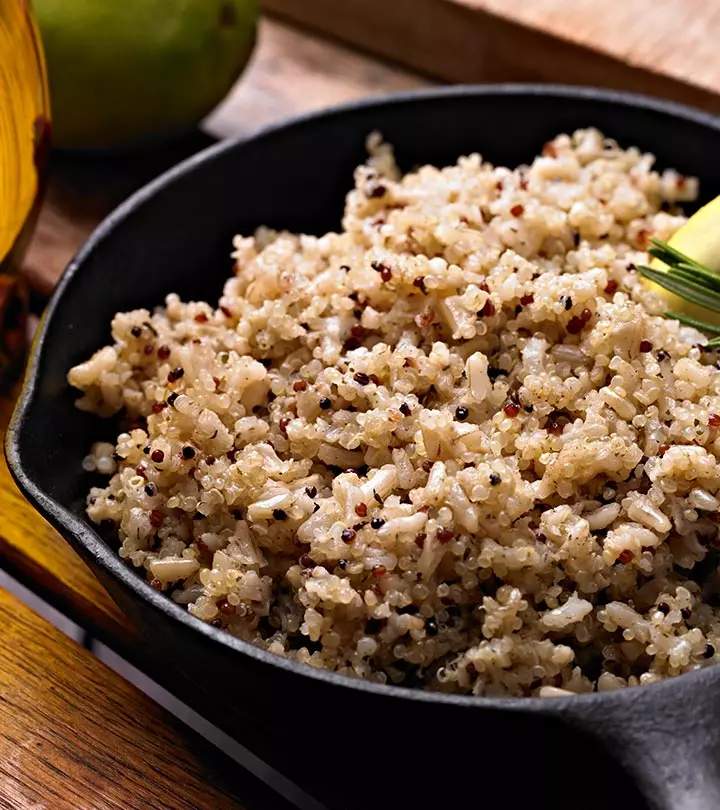


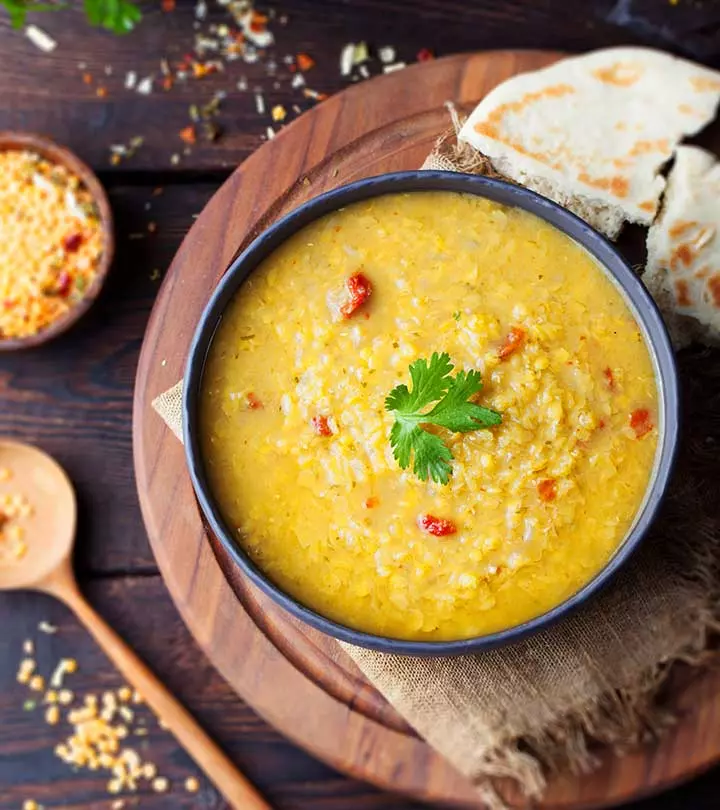

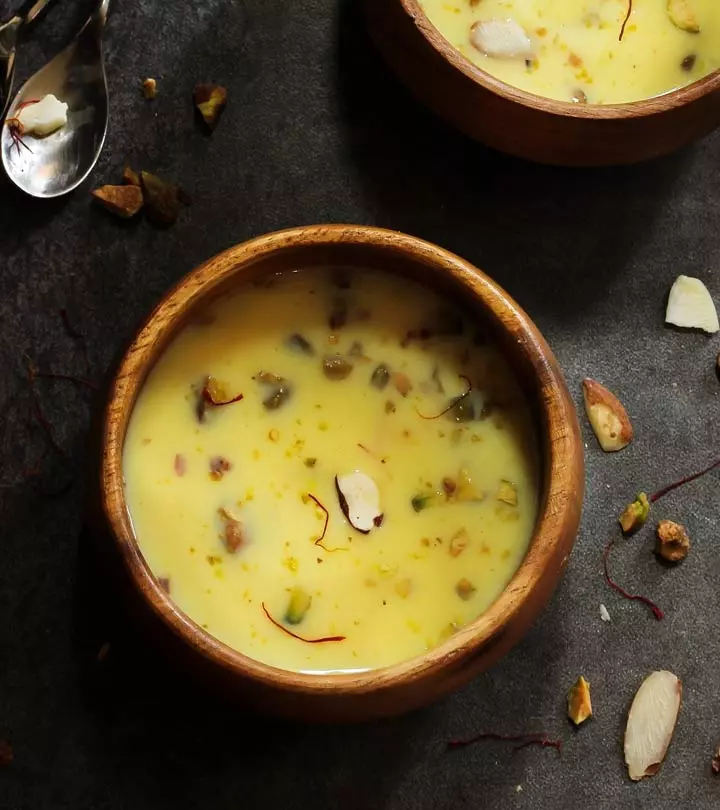

Community Experiences
Join the conversation and become a part of our empowering community! Share your stories, experiences, and insights to connect with other beauty, lifestyle, and health enthusiasts.